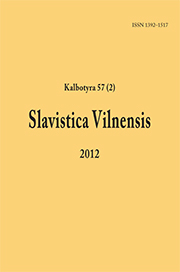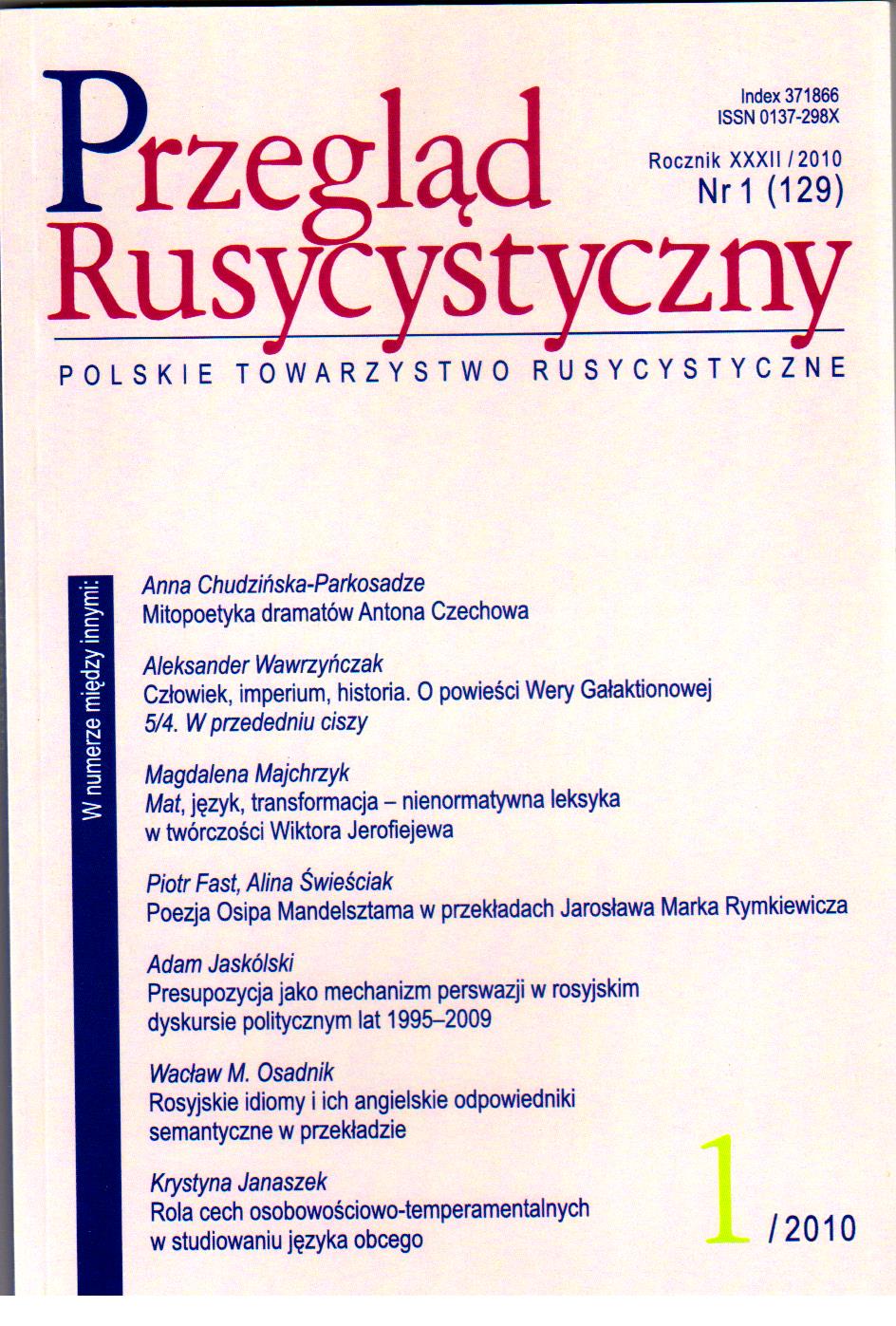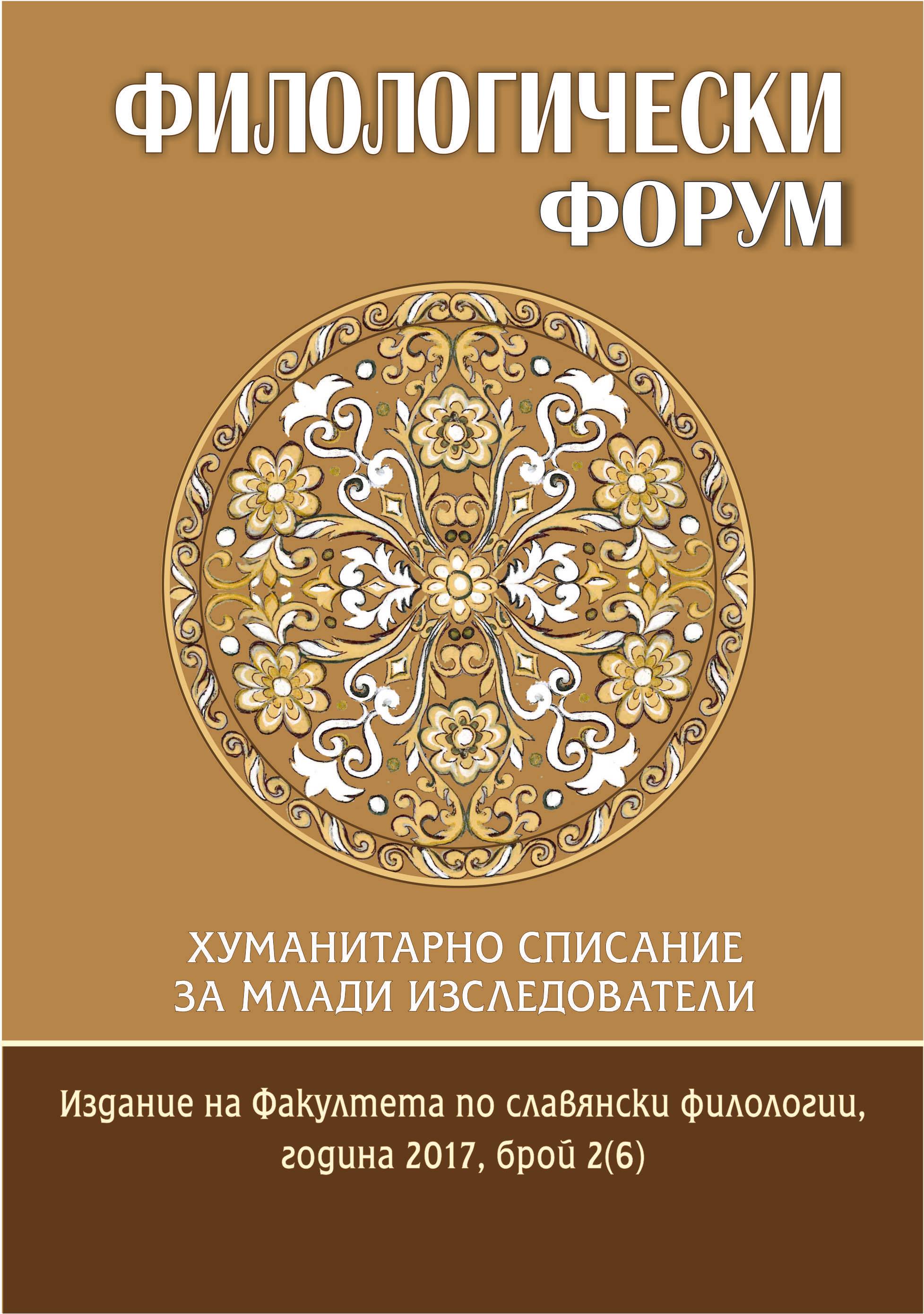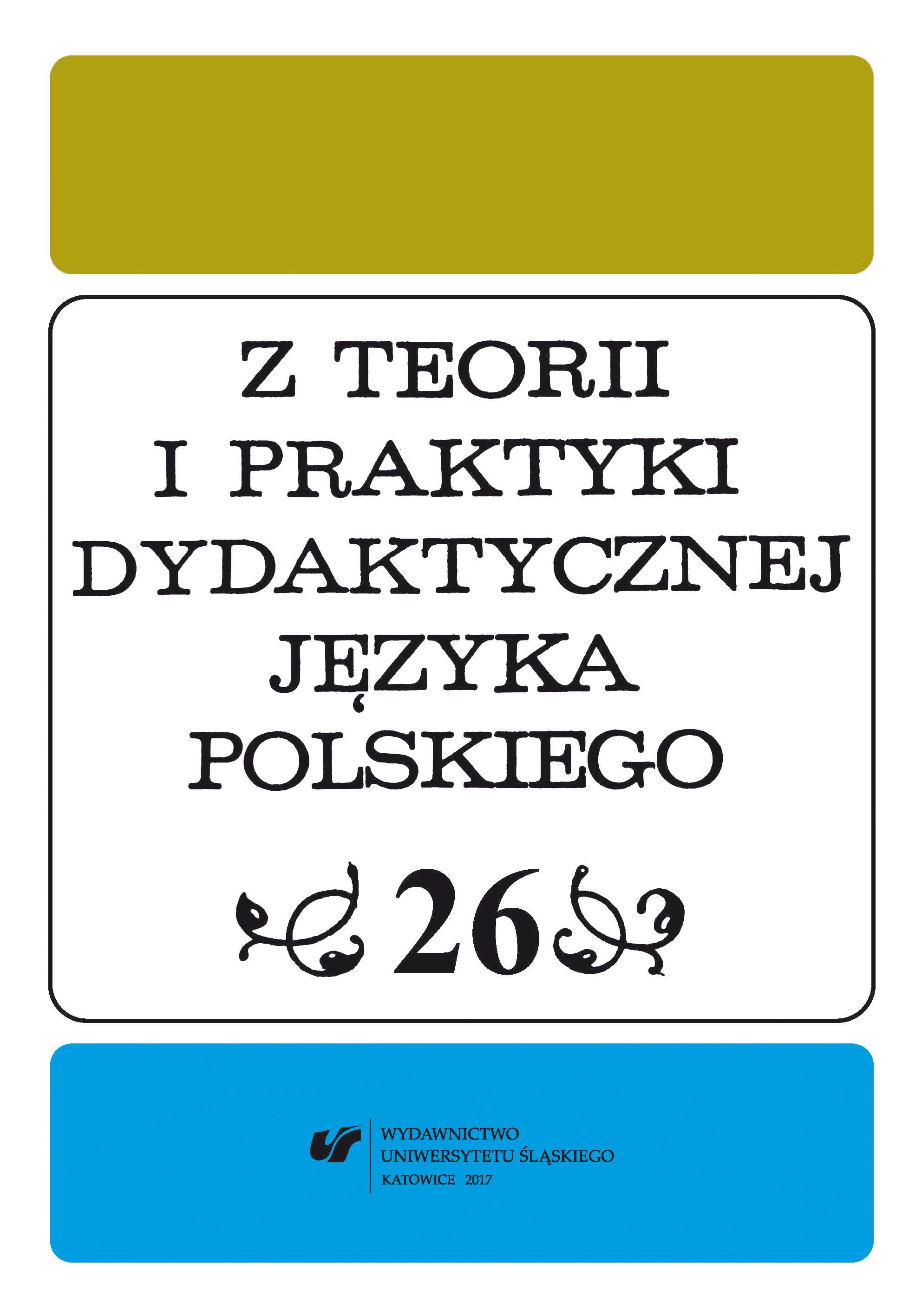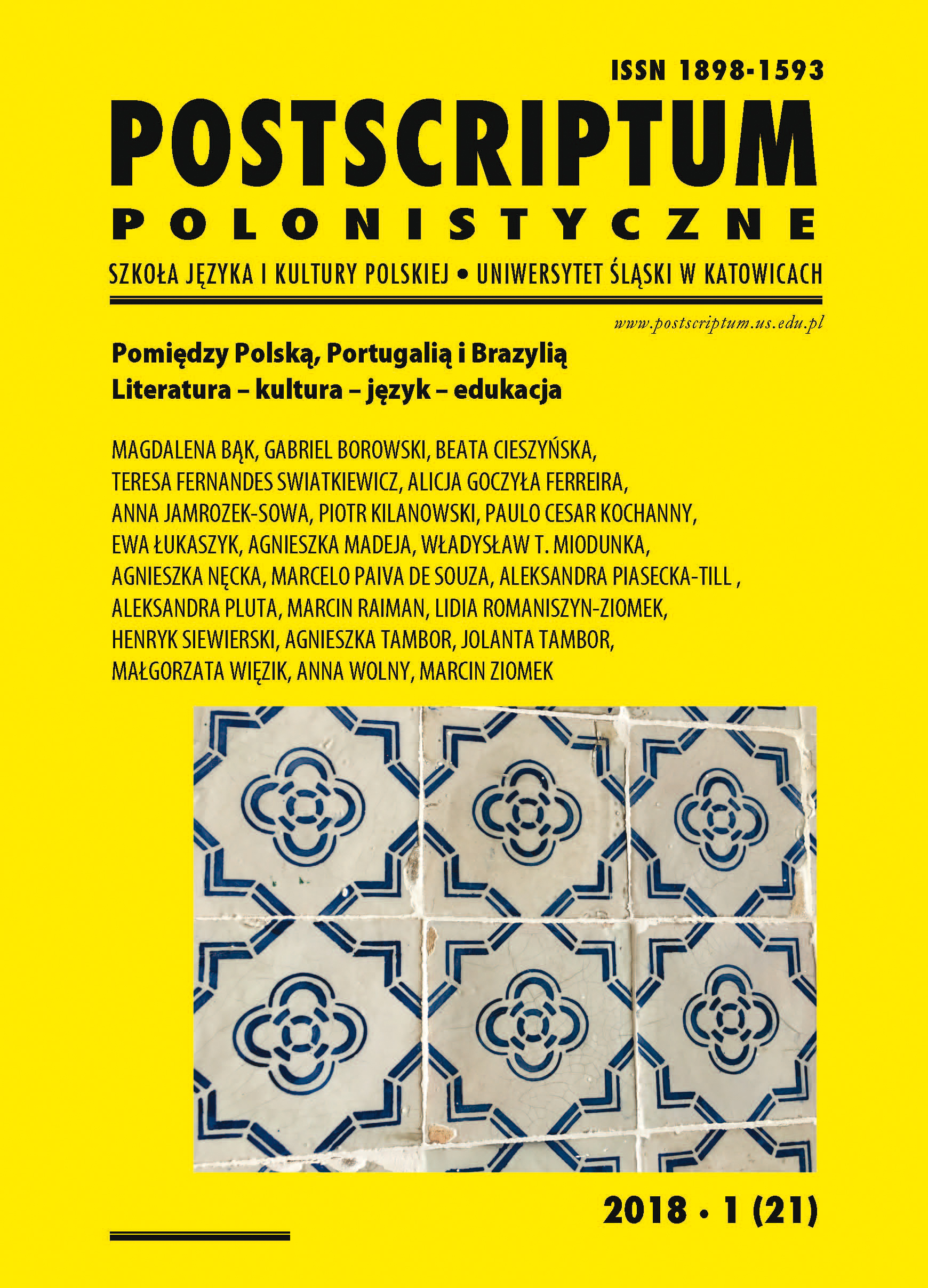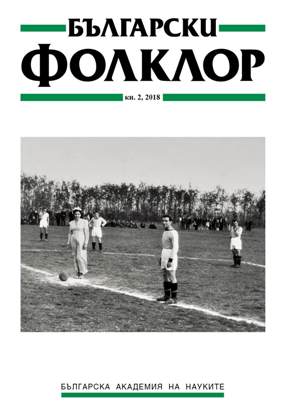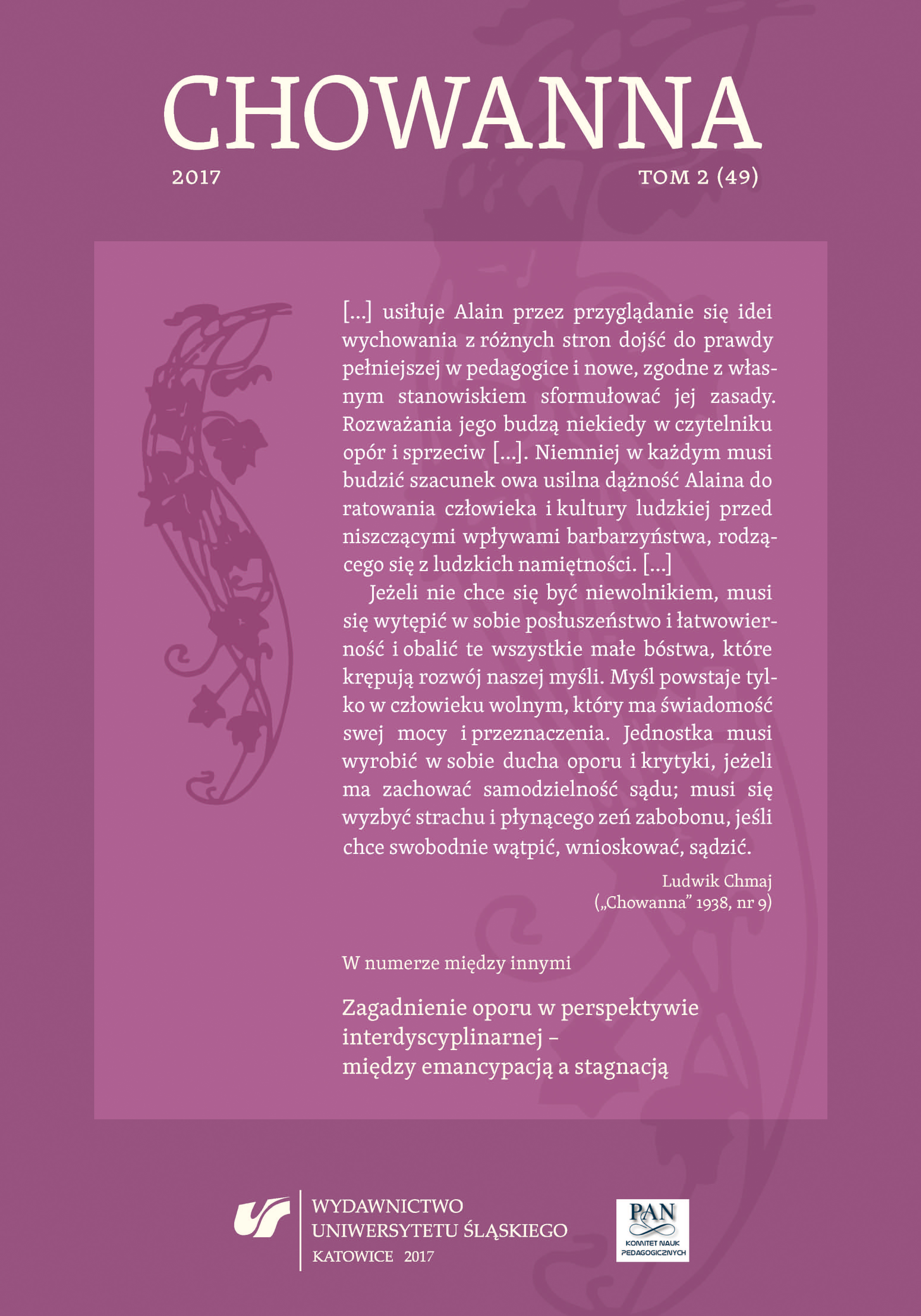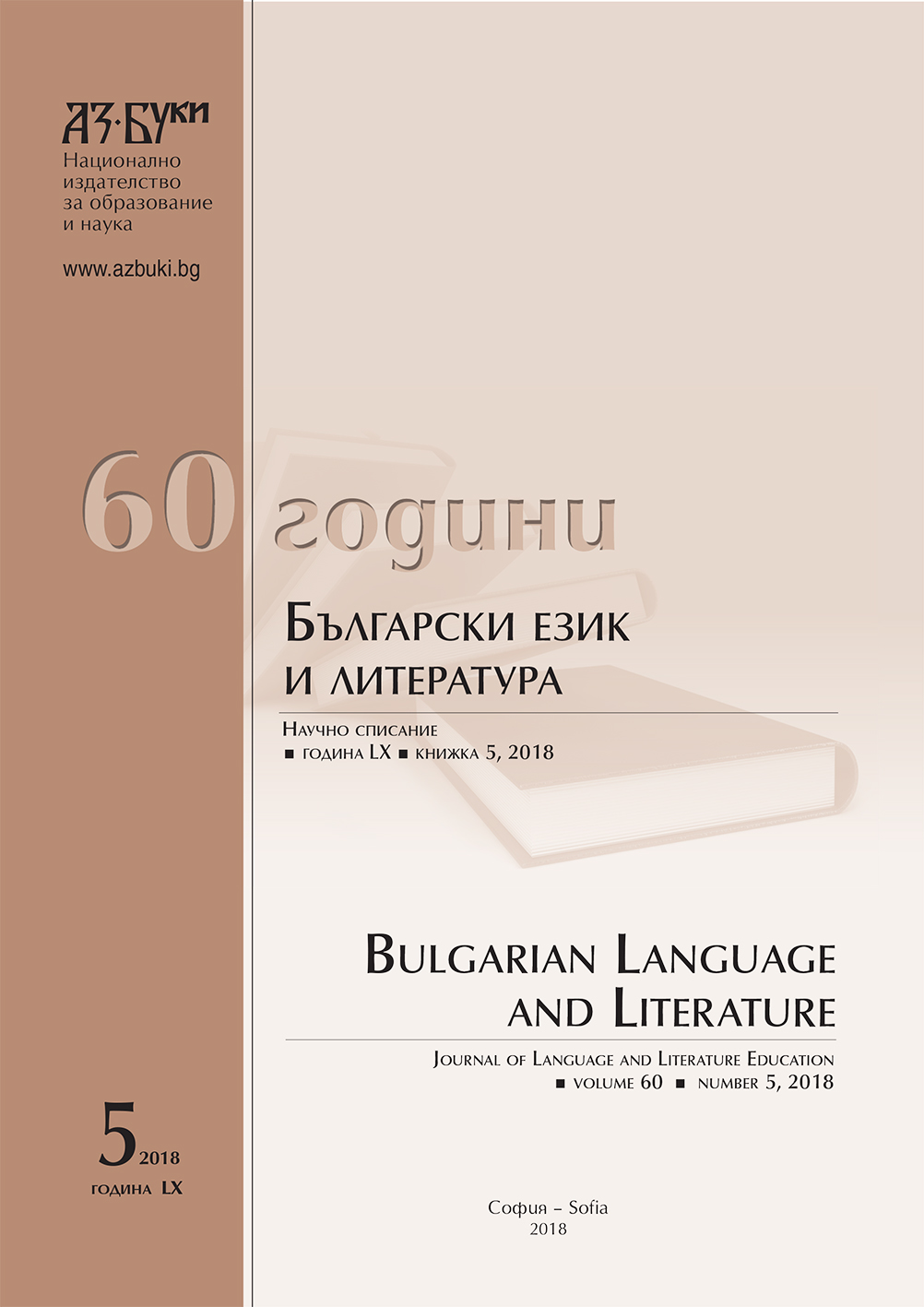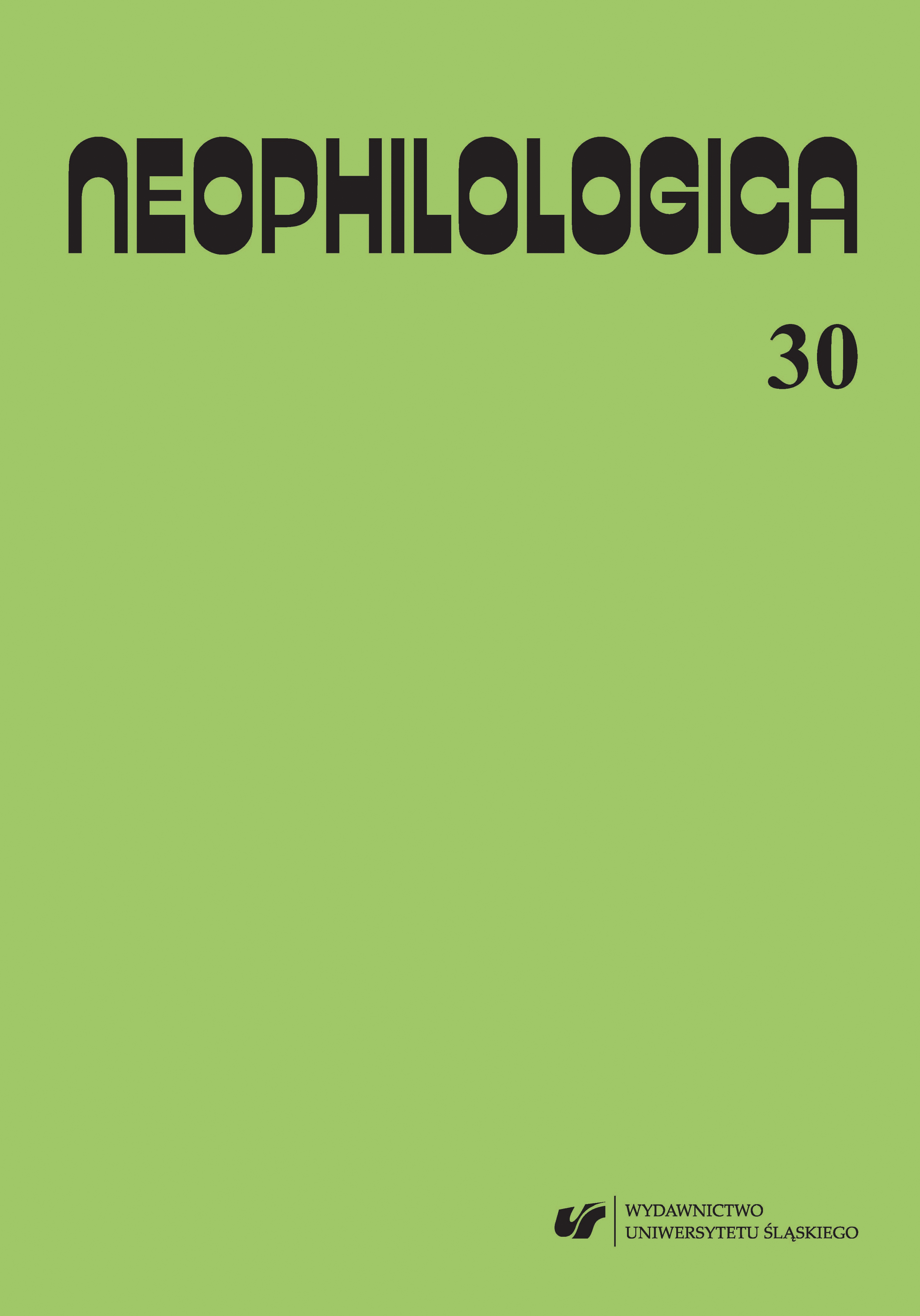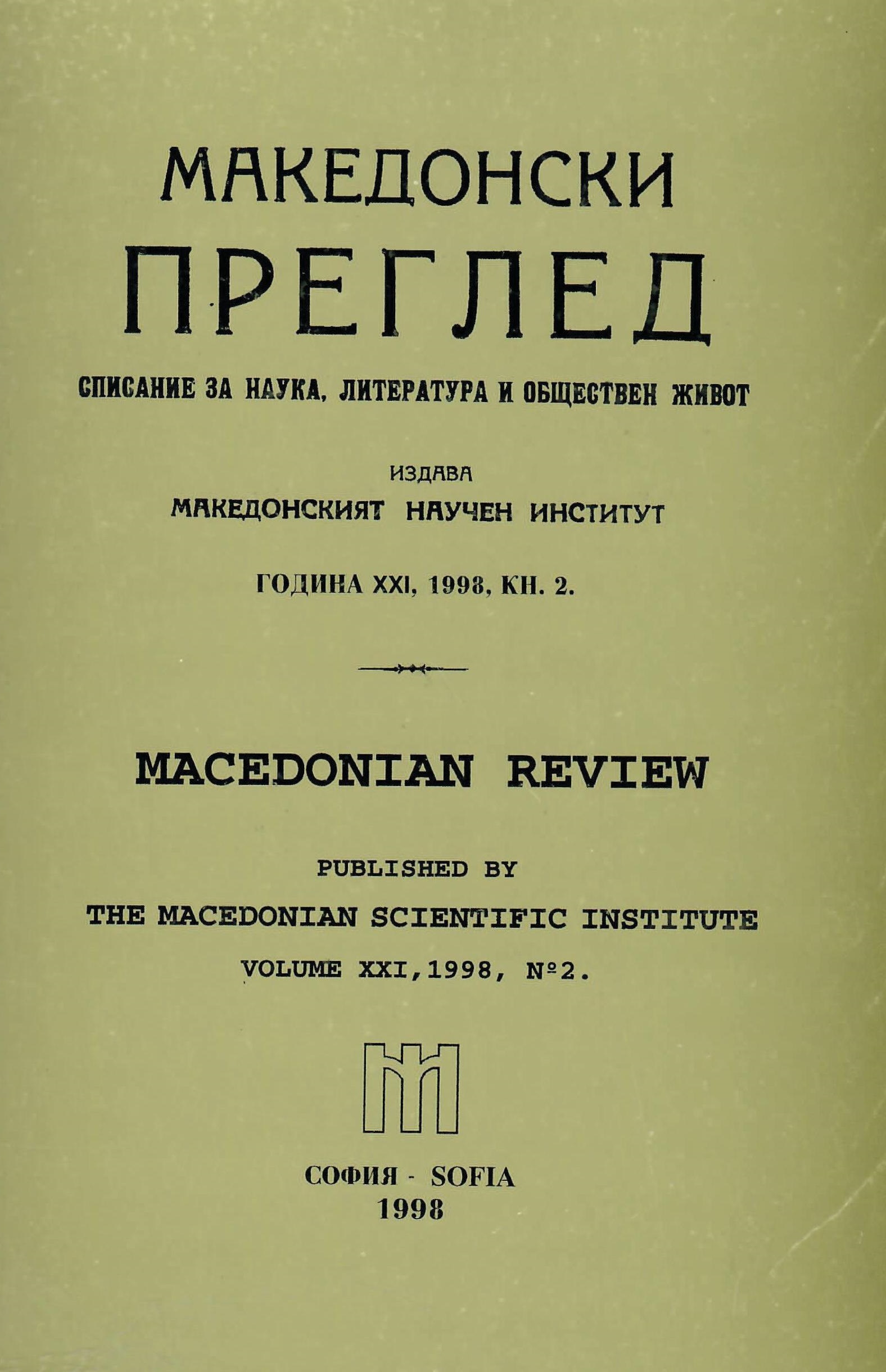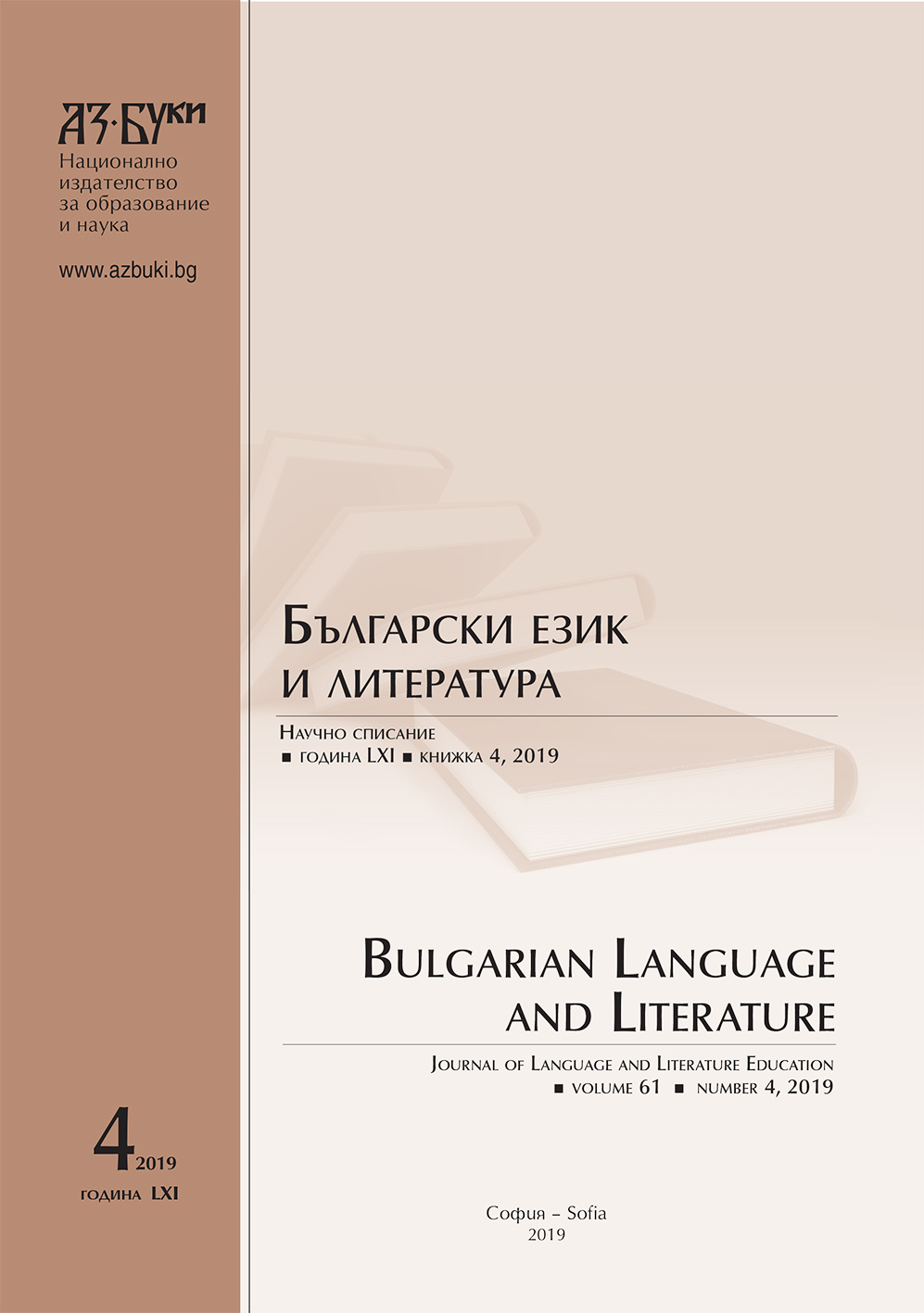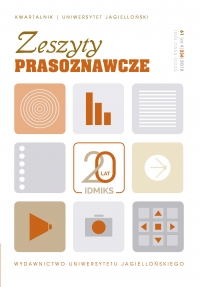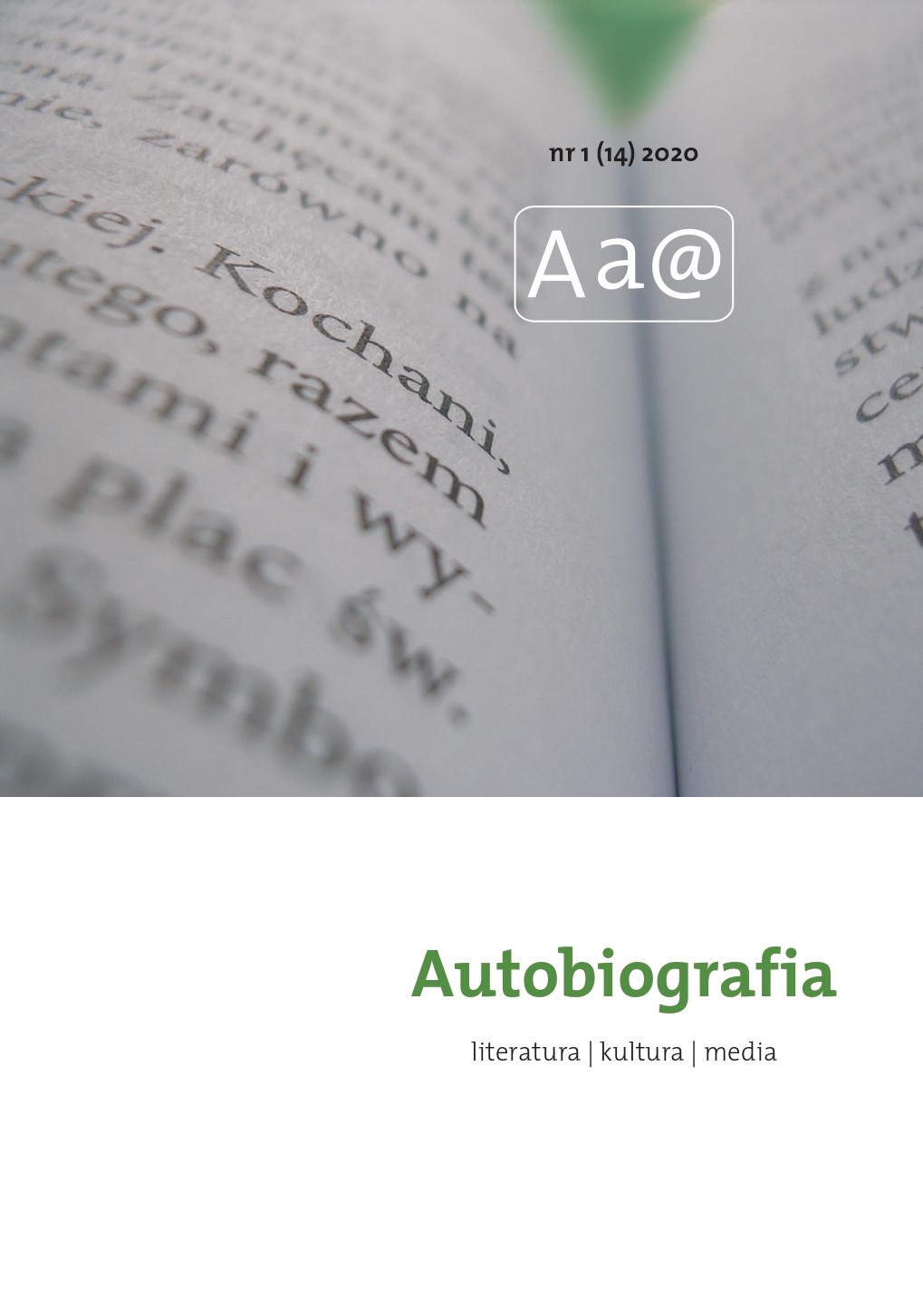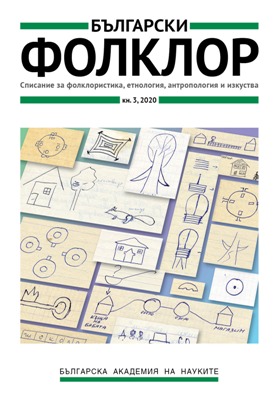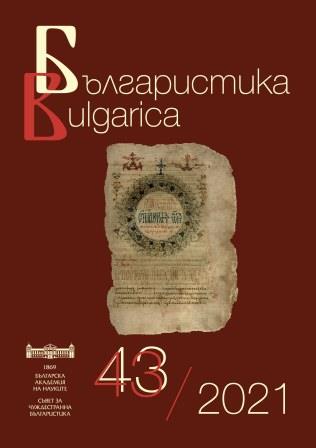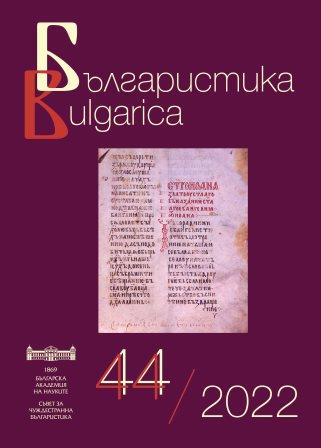Author(s): Beata Jarosz,Agnieszka J. Cieślikowa,Adam Bańdo / Language(s): Polish
Issue: 3 (235)/2018
REVIEWS OF:
1. Krzysztof Woźniakowski: POLSKIE CZASOPISMIENNICTWO UCHODŹCZE NA WĘGRZECH 1939–1945. Wyd. Scriptorium, Opole 2016. S. 443.
Review by: Adam Bańdo
2. IZRAELITA 1866–1915. WYBÓR ŹRÓDEŁ. Oprac. Agnieszka Jagodzińska i Marcin Wodziński. Wydawnictwo Austeria, Kraków– Budapeszt 2015. S. 535.
Review by: Agnieszka J. Cieślikowa
3. Agnieszka Karczewska: POLSKO- -ŻYDOWSKA REPUBLIKA MARZEŃ. O CHWILCE DZIECI I MŁODZIEŻY (1925–1937). Towarzystwo Naukowe KUL, Lublin 2015. S. 394.
Review by: Agnieszka J. Cieślikowa
4. Zuzanna Kołodziejska: IZRAELITA (1866–1915). ZNACZENIE KULTUROWE I LITERACKIE CZASOPISMA. Wydawnictwo Uniwersytetu Jagiellońskiego, Kraków 2014. S. 354.
Review by: Agnieszka J. Cieślikowa
5. Adam Kopciowski: WOS HERT ZICH IN DER PROWINC? PRASA ŻYDOWSKA NA LUBELSZCZYŹNIE I JEJ NAJWIĘKSZY DZIENNIK LUBLINER TUGBLAT. Wydawnictwo UMCS, Lublin 2015. S. 613.
Review by: Agnieszka J. Cieślikowa
6. Elżbieta Kossewska: ONA JESZCZE MÓWI PO POLSKU, ALE ŚMIEJE SIĘ PO HEBRAJSKU. PARTYJNA PRASA POLSKOJĘZYCZNA I INTEGRACJA KULTUROWA POLSKICH ŻYDÓW W IZRAELU (1948–1970). Wydawnictwa Uniwersytetu Warszawskiego, Warszawa 2015. S. 518.
Review by: Agnieszka J. Cieślikowa
7. Sabina Kwiecień, Beata Langer: PRASA, BIBLIOTEKA, KSIĄŻKA NA ŁAMACH NOWEGO DZIENNIKA. Wydawnictwo Uniwersytetu Pedagogicznego, Kraków 2017. S. 252.
Review by: Agnieszka J. Cieślikowa
8. Anna Landau-Czajka: POLSKA TO NIE ONI. POLSKA I POLACY W POLSKOJĘZYCZNEJ PRASIE ŻYDOWSKIEJ II RZECZYPOSPOLITEJ. Żydowski Instytut Historyczny, Warszawa 2015. S. 382.
Review by: Agnieszka J. Cieślikowa
9. Anna Landau-Czajka: WIELKI MAŁY PRZEGLĄD. SPOŁECZEŃSTWO II RZECZYPOSPOLITEJ W OCZACH KORESPONDENTÓW MAŁEGO PRZEGLĄDU. Żydowski Instytut Historyczny, Warszawa 2018. S. 486.
Review by: Agnieszka J. Cieślikowa
10. Joanna Nalewajko-Kulikov: MÓWIĆ WE WŁASNYM IMIENIU. PRASA JIDYSZOWA A TWORZENIE ŻYDOWSKIEJ TOŻSAMOŚCI NARODOWEJ (DO 1918 ROKU). Instytut Historii PAN i Wydawnictwo Neriton, Warszawa 2017. S. 353.
Review by: Agnieszka J. Cieślikowa
11. PRASA ŻYDÓW POLSKICH. OD PRZESZŁOŚCI DO TERAŹNIEJSZOŚCI. Red. Agnieszka Karczewska, Sławomir Jacek Żurek. Towarzystwo Naukowe KUL, Lublin 2016. S. 278.
Review by: Agnieszka J. Cieślikowa
12. Cwi Pryłucki: WSPOMNIENIA (1905– 1939). Przekład Agata Kondrat, oprac. Joanna Nalewajko-Kulikov. Archiwum Ringelbluma. Tom 28. Żydowski Instytut Historyczny, Warszawa 2015. S. 192.
Review by: Agnieszka J. Cieślikowa
13. Beata Grochala: TELEWIZYJNA TRANSMISJA SPORTOWA W UJĘCIU GENOLOGII LINGWISTYCZNEJ NA MATERIALE TRANSMISJI MECZÓW PIŁKI NOŻNEJ. Wydawnictwo Uniwersytetu Łódzkiego, Łódź 2016. S. 321.
Review by: Beata Jarosz
More...
